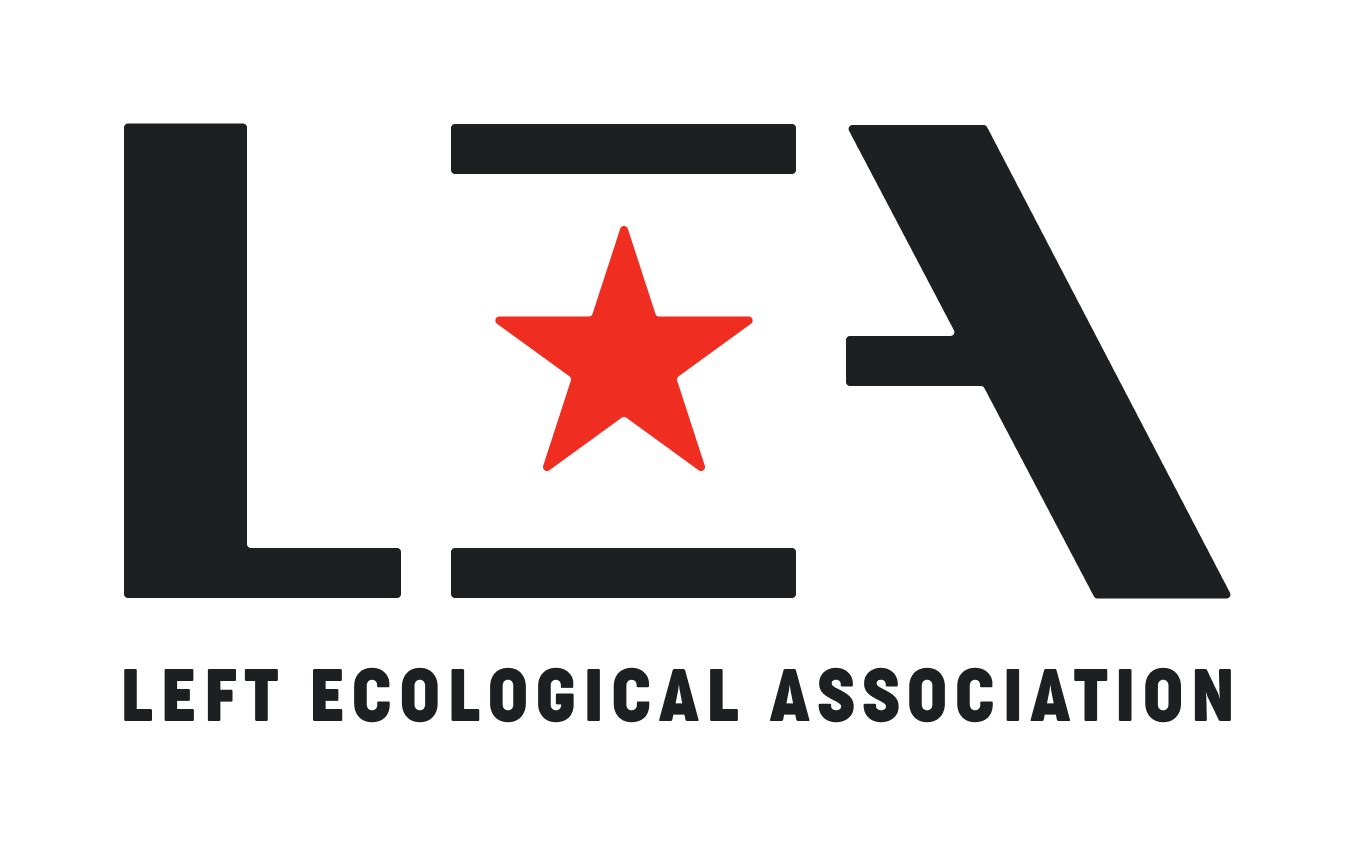As a result of climate change, large areas of the earth are becoming uninhabitable for humans; sea levels are rising, arable land is shrinking, and so are drinking water resources. On top of that, there is the extinction of species, the poisoning of soils and water, air pollution, and the destruction of the oceans by modern industry, large-scale agriculture and fishing. The ultimate cause of this ecological destruction is capitalism. Any viable solution must take the social dimensions of climate change into account.
We live in a class society: a small minority, the ruling class, owns and controls the majority of the means of production, money, machines, technology, buildings, land and raw materials. The vast majority are wage-dependent. Their existence relies upon the capitalists buying their labour power to generate profits. The valorisation of capital determines all our lives. Capitalism is a structure everyone is subjected to and reproduces daily. The maximisation of profit, the utilisation and accumulation of capital is an infinite process in which capitalists must succeed to beat the competition.
In this system, it is the capitalist class’s sole prerogative to decide what is being produced. This already shows that not all people are equally responsible for the destruction of the environment, just as not everybody is equally affected by the consequences. The ecological footprint increases with income, and those with a lot of money can also adapt to the effects of climate change more comfortably.
The prerequisite for ending the ecological destruction and ensuring a good life without material worries and plenty of leisure for all is a radical break with this system. Such a shift is only possible if the broad majority wants it and if there is a transnational organisation with common principles and goals that coordinates its strategies and actions.
However, the Left is currently marginal, its radical and emancipatory currents minuscule and politically irrelevant. In our understanding, there are two main reasons for this:
Firstly, high growth rates in the West, the neocolonial over-exploitation of the countries of the global South, and successful trade union fights made it possible for some wage-dependent workers to achieve a certain level of wealth, which is still the case today. Social integration and stability are based on this higher standard of living. However, this perspective is fading even for the middle class, and more and more people are impoverished. This development will continue rapidly in the capitalist centres of the West. At the same time, environmental destruction is causing abrupt and catastrophic changes.
Secondly, the weakness of the Left is the result of its own mistakes, misjudgment, and crimes. It stems from the dictatorships of real socialism, most recently from the failure of the so-called “socialism of the 21st century” (for example, in Venezuela under Hugo Chavez), of Syriza and Podemos. We are acting in the shadow of such failures of revolutionary hopes and dreams.
The emancipatory left must learn from such defeats, both in theory and in practice. It must analyse the current social situation, its developments and contradictions, and include the experiences and insights of contemporary social movements. And it needs a vision of a better society.
We have been discussing fundamental questions along those lines as a group since the beginning of 2022. We are anti-capitalist and want to abolish state and nation as structures of domination and exploitation. We want to overcome patriarchy and sexism, antisemitism and racism in all forms. We’ve chosen the English name Left Ecological Association (LEA) to underline the link between social and ecological issues and a transnational perspective.
We are inviting others to join. An important step for us is to connect with groups with similar perspectives. We aim to work with others to build a strong and committed organisation, making decisions as a grassroots democracy.
We want to link concrete conflicts with larger goals: housing, healthcare, nursing, or transportation must be organised outside the capitalist system. In the long term, we aim to socialise the entire economy. In a democracy worthy of its name, all people must be able to decide what is produced, how it is produced, and where it is produced.
Activities in cities, neighbourhoods, villages, factories, and offices are crucial to engaging fellow activists and driving real change. In disputes over everyday issues, people can experience that acting in solidarity can change and improve lives. This offers opportunities to understand social structures of exploitation and domination and to experience self-empowerment and self-organisation. The fight for a liberated society can only be won in unity.


